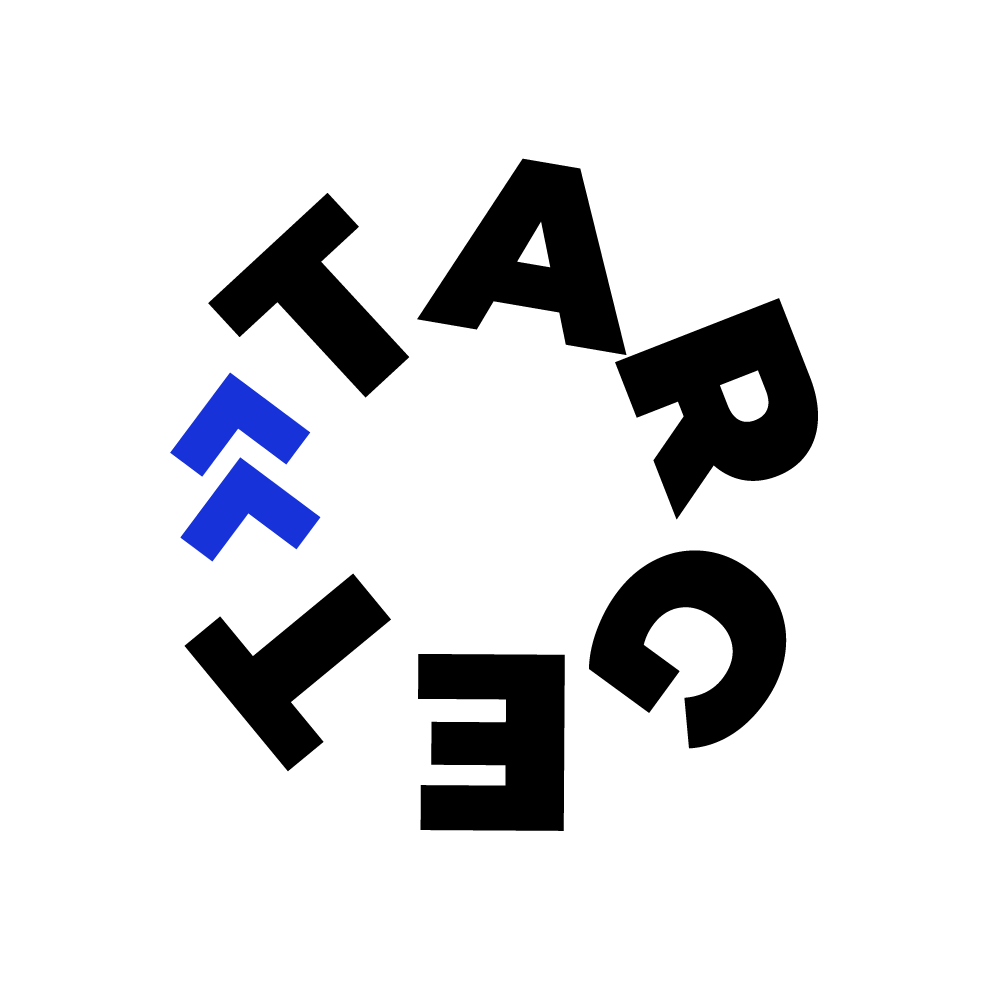
0%

Featured
Featured
Google E-A-T: What is it and why is it important for SEO?
5 Min Read
Google E-A-T: What is it, and why is it important?
Unless you are new to SEO or have had no internet access, you have probably seen and heard about Google’s E-A-T. First mentioned in 2014 Google’s E-A-T is now one of the most important aspects of any SEO strategy. Unfortunately, there are still some contentions about what it is, how and why it is important for SEO. In this blog, we will explain exactly what E-A-T is and its relationship with Google’s Search Quality Evaluator Guidelines, why it matters, and how to help your site rank better by using this style of audit.What is Google’s E-A-T?
E-A-T, also known as Expertise, Authority and Trustworthiness, is part of Google’s algorithm and their Search Quality Evaluator Guidelines. It is key in how Google perceives online content, so much so that it is mentioned over 130 times in Google’s Search Quality Evaluator Guidelines. This makes E-A-T extremely important when it comes to creating content for your website. Like most updates from Google in the last few years, this guideline is all about the users and their intent when performing a search. E-A-T is used to determine whether the content is valuable to readers, how valuable that content is in addressing the intent of the search and therefore whether it should rank well. Google search quality evaluators were instructed to be guided by:- The expertise of the creator of the content.
- The authoritativeness of the creator of the content, the content itself, and the website.
- The trustworthiness of the creator of the content, the content itself, and the website.
So, Is E-A-T a Ranking Factor?
Well…. no, not technically but it can help your website’s content to rank. Confused? You’re not the only one. Although E-A-T is not technically a ranking factor in the traditional sense E-A-T is a guideline used by the Google algorithm to determine what content for a given search is of high enough quality to satisfy the user's intent and therefore should be ranked higher than those which are not. It is part of several different aspects of the Google algorithm so while it is not a direct ranking factor, it can have an indirect impact on your overall search rankings. This is confirmed by Danny Sullivan, the Public Liaison for Search at Google, on Twitter when he wrote: “Is E-A-T a ranking factor? Not if you mean there’s some technical thing like the speed that we can measure directly. We do use a variety of signals as a proxy to tell if the content seems to match E-A-T as humans would access it. In that regard, yeah, it’s a ranking factor” So, why does it matter to SEO if it is not a direct ranking factor?Why is Google’s E-A-T Important for SEO?
You have likely heard the phrase “content is king”, well there is a reason SEO consultants have been pushing content on repeat for a while now. This is not just a call to action to produce content for the sake of content, what they are actually saying is high-quality content is king. But what this doesn’t do is tell you how to produce the content that Google and users want to see. Are they looking for more content? More Images? Optimised Meta information? Google certainly isn’t going to tell you outright! We may never know the full answer but what they are doing with E-A-T is giving us a little insight into what they mean by quality content. These Guidelines in E-A-T are used to tell the people who are evaluating your website what type of content they are looking for in order for them to be considered high-quality by Google. These are:- Does it help users?
- Was it created by an expert in that field?
- Was it posted on an Authoritative website? This is not based on any kind of domain authority score but instead by the website's overall content and offering.
- Is this content and website trustworthy?
- Is this website and its content updated regularly?
But What is Expertise?
Google understands that expertise will differ depending on the website being reviewed. For example, expertise on a site like Buzzfeed or Tyla is worlds apart from a website like BBC News as they are general blogging sites and therefore the articles are more likely to be opinion based. Google also knows that people can have expertise in an area without being trained in it in a formal education setting.How Do I Optimise My Website for E-A-T
Now you know that E-A-T is key to Google’s algorithm. You know why it matters and why it helps to improve your SEO strategy. But, what does it mean for your site? It means you need to up your quality content game. There are a number of steps you can take to greatly improve your website’s content and ensure it fulfils the trust signals that Google and its users want.N.B If your site falls under the YMYL designation, expect it to be held to an even higher standard.
Tell Users Who You Are
All three prongs of the E-A-T guidelines indicate Google wants to know who creates content and whether that person(s)/website is a legitimate source for that knowledge. If you don’t already have an ‘About Us' page or a ‘Team’ page that outlines who your team are and who your content creators are, now is the time. Author pages are a simple way to establish your team’s expertise, authority, and trustworthiness.Work With the Experts to Build Your Content
Google doesn’t just want good content, it wants content from people who know what they are talking about. Rather than hiring ghostwriters to produce half-baked content on high-click key terms, work with experts in the field to create content Google will trust. This might mean interviewing a scientist, hiring an expert to guest post, or working with another company to publish top-notch research.Make The Purpose of Your Content Clear to the User
What is the point of your content? Do you want to inform, explain, convince, or describe? Use titles and headings that make the purpose of your content extremely clear and use straightforward language. For example, I used headings in these posts that are questions, so you know you will have all your questions about E-A-T answered. Also, don’t produce long and meandering content. It’s important to get straight to the point and cover the topic as clearly and thoroughly as possible.Update Your Content Regularly
We create an incredible amount of data every day. By 2025, we’ll create an average of 463 billion GB of data every single day. This means content gets outdated fast. Tools get updated, sites get taken offline, people take on new roles, and Google updates the algorithm… again. In my experience, the average lifespan of online content is around two years, depending on the topic and the industry. Keep your content accurate and up to date by including content updates in your SEO strategy. Update stats, best practices, and check for dead links every few years, particularly for high-ranking content.Add External Links to High-Quality Content Sources
If you want to be seen as an expert, then you need to rely on real data. Include links to official sources, studies, and research papers to back up your points and show you do know what you are talking about. As well as, utilising trusted sources like NCBI and JSTOR to find studies to back up statements. You can also link to tweets, papers, or reports done by industry professionals. For example, in this article about E-A-T, I referred to comments from Gary IIlyes from Google, who could be considered an expert on Google.Consider All Points of View
To be trustworthy, content should look at problems from multiple angles and examine what each angle contributes to the overall conversation. For example, if your content is about the best types of care on the market it is likely that there will be differing views depending on the requirements of the vehicle. The possibilities are endless. But, the goal is to explain the different viewpoints on a topic to establish trust with your audience and make it look like you’re an expert.Know Your Reputation
Your online reputation can impact the trustworthiness of your site and your content. Protect your brand reputation by keeping an eye out for negative press and responding to negative reviews promptly. Most importantly, claim all your social profiles for your brand name (so someone else doesn’t try to scoop them up!) and encourage customers to leave positive reviews about your brand.Build Quality Backlinks
Backlinks from relevant, high-authority domains are the backbone of an effective SEO strategy and one of the best ways to demonstrate that you are a trusted authority in your industry. If you’re in IT consulting and you get a backlink from a fashion website, it’s probably not going to help you. In fact, it could earn you a manual action penalty if you scale those types of tactics. One insurance lead generation website found this out when it generated hundreds of thousands of low-quality links on unrelated websites, and saw all of its page one rankings ultimately disappear (many fell to page 15.) But, Link Building isn’t easy when done right. To earn them, you must consistently create valuable, unique, high-quality content that people want to link to. A generic 500-word listicle posted once a month on your blog won’t move the needle much for you. Invest time and resources to position yourself as an authority (whatever the subject). Then, build relationships with the right publishers and influencers. Those high-value backlinks will surely follow.Our Conclusions on Google E-A-T
To create high-quality content that Google will rank (and rank well), you need to look at the keywords in the Search Quality Evaluator Guidelines: beneficial purpose, E-A-T, and YMYL (we will be discussing YMYL and Beneficial Purpose at a later date).- Every page must have a purpose, and that purpose must be accomplished to benefit the user.
- Every page needs the right expertise behind it. Some pages require higher levels of E-A-T than others due to their subject matter. Sometimes, for low or non-YMYL pages, the evidence for the expertise can be found in the content itself.
- YMYL pages need the highest E-A-T possible. These pages can have a direct impact on the reader’s lives, livelihood, or happiness.


